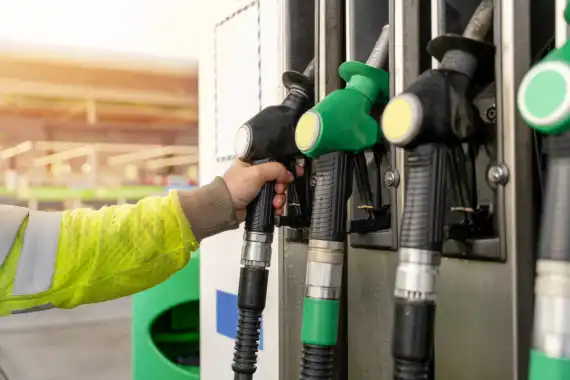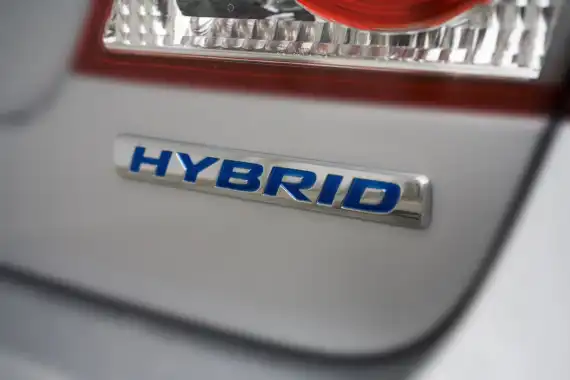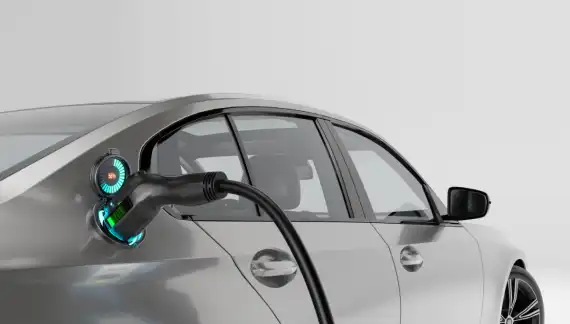
In recent years, the automotive industry has experienced a significant shift towards more sustainable power sources. With growing concerns about environmental impact, the once-dominant petrol and diesel fuels are now sharing the spotlight with alternative options. This comprehensive guide aims to navigate the array of choices available to motorists in the United Kingdom, providing insights into the pros and cons of each fuelling option.
Petrol Cars
Petrol cars have long been the go-to option for drivers, offering a wide range of models and consistent improvements in fuel efficiency. With an extensive network of petrol stations, refuelling is convenient and familiar for most drivers. However, rising petrol prices, the expected fuel duty hike, and their contribution to carbon emissions and air pollution are significant downsides. Additionally, the ban on the sale of new petrol cars from 2030 and their faster depreciation compared to diesel vehicles make them a less attractive long-term option. The ever-growing low emission zones across the UK also make the petrol car an unattractive option for anyone who regularly commutes into cities. You can check your vehicle's ULEZ exemption status here - https://www.regit.cars/check-ulez

Diesel Cars
Diesel cars, historically favoured for their improved fuel efficiency and lower CO2 emissions compared to petrol cars, have their own set of advantages and drawbacks. They offer a better resale value and are suitable for long-distance driving or larger vehicles that require higher pulling power. However, the higher purchase price, emission of polluting particles, potential higher insurance costs, and the noise generated by their engines are notable downsides. Furthermore, the finite availability of oil raises concerns about their long-term sustainability.

Hybrid Cars
Hybrid cars present a middle ground for those seeking a cleaner and more fuel-efficient option. They come in three types: full hybrid, mild hybrid, and plug-in hybrid electric vehicles (PHEVs). Hybrid cars are particularly suitable for urban driving, as they offer improved fuel efficiency and lower emissions in congested areas. They also have higher resale values and benefit from lower road tax based on emissions. However, hybrid cars still emit more pollutants compared to pure electric vehicles and generally come with a higher purchase price. They also have lower driving power due to smaller engines and are less efficient in colder weather conditions.

Electric Cars
Electric cars have gained significant traction in recent years due to their minimal running costs and environmental friendliness. With no tailpipe emissions, electric vehicles (EVs) offer a sustainable and virtually silent driving experience. They are exempt from road tax, congestion charges, and Ultra Low Emission Zone (ULEZ) charges, making them financially appealing. However, the higher purchase price, range limitations, longer charging times compared to refuelling with petrol or diesel, and uneven coverage of charging infrastructure remain obstacles for widespread adoption. Additionally, concerns about the reliability of public charging networks and the impact of electricity generation from fossil fuels on the overall environmental benefits pose challenges. There is also the possibility of future road tax introduction for EVs.

Making Informed Decisions
When choosing the most suitable fuelling option, it's essential to consider various factors. Evaluate your driving needs, including distance and frequency of travel, as well as your environmental concerns. Assess long-term costs, such as fuel prices, tax rates, and potential depreciation. Consider the availability of charging infrastructure and your access to convenient charging points. By carefully weighing these factors against the advantages and disadvantages of each fuel type, you can make an informed decision that aligns with your needs and values. You can search for your next car using Regit's Used Car Service and filter the results by your preferred fuel type.




